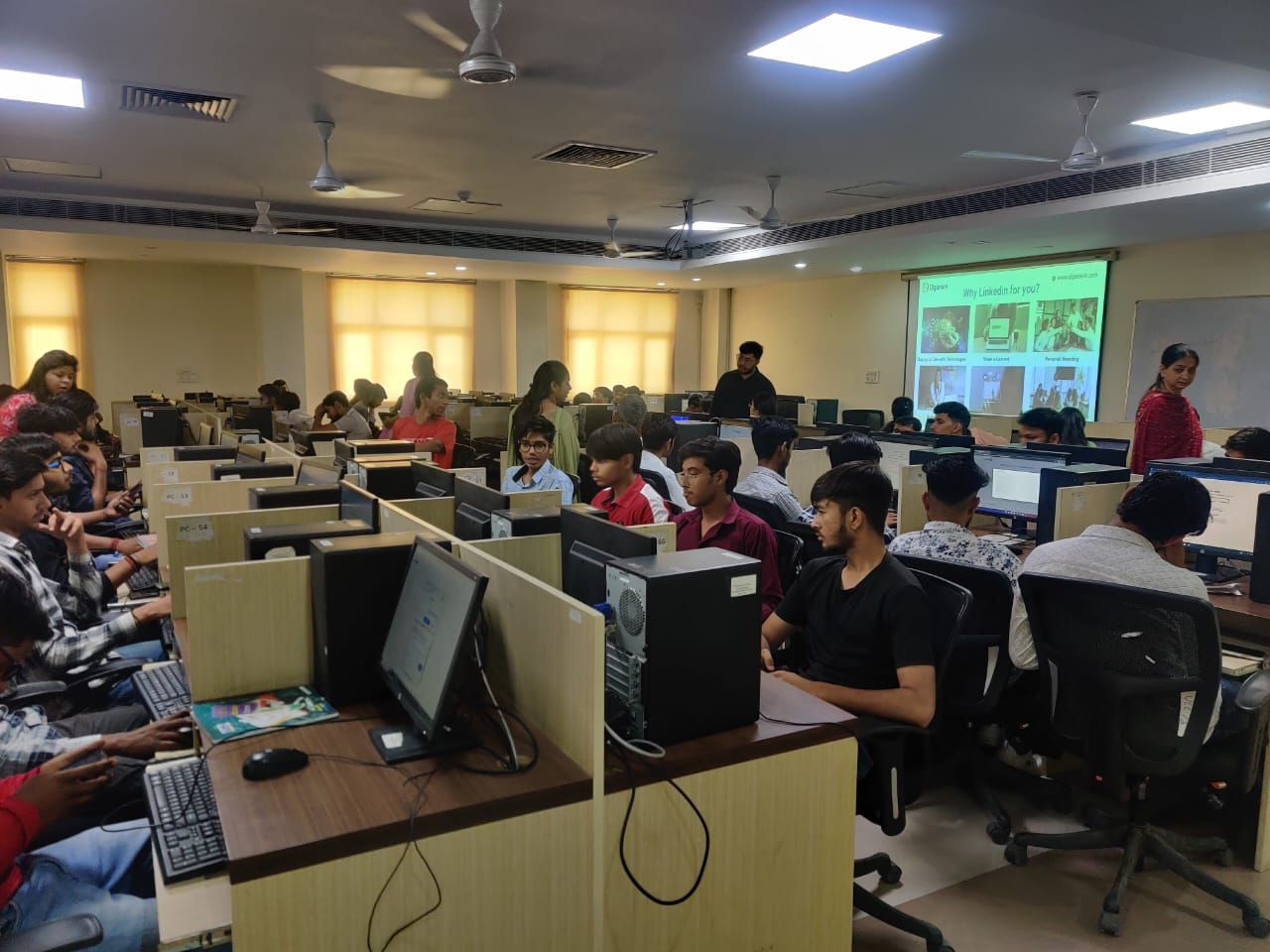

About B.Voc Digital Manufacturing Technology
The Bachelor of Vocation (B.Voc) in Digital Manufacturing Technology is an undergraduate program designed to equip students with cutting-edge skills in digital manufacturing processes and technologies. The curriculum integrates comprehensive training in computer-aided design (CAD), computer-aided manufacturing (CAM), additive manufacturing (3D printing), industrial automation, and digital twins. Emphasizing hands-on learning through internships, workshops, and real-world projects, the program collaborates closely with various industries. Its flexible structure allows for multiple entry and exit points, enabling students to earn certificates and diplomas if they do not complete the full three-year degree. Graduates are well-prepared for roles such as digital manufacturing engineer, CAD/CAM specialist, 3D printing technician, and industrial automation engineer. The B.Voc in Digital Manufacturing Technology ensures students are job-ready with the skills demanded by the rapidly evolving manufacturing sector, making it an excellent choice for those pursuing a career in digital manufacturing.
Course Objectives
- Master Digital Manufacturing Fundamentals: Equip students with comprehensive knowledge of digital manufacturing technologies, including CAD, CAM, 3D printing, industrial automation, and digital twins.
- Enhance Practical Skills: Provide extensive hands-on learning through internships, workshops, and real-world projects in collaboration with industry partners.
- Promote Flexibility in Learning: Offer a flexible curriculum structure that allows multiple entry and exit points, enabling students to earn certificates and diplomas based on their progress.
- Prepare for Industry Roles: Train students for various roles such as digital manufacturing engineer, CAD/CAM specialist, 3D printing technician, and industrial automation engineer.
- Foster Collaboration and Teamwork: Encourage collaborative learning and teamwork through group projects and industry-linked assignments.
- Develop Problem-Solving Abilities: Enhance students’ problem-solving and analytical thinking skills to effectively tackle real-world digital manufacturing challenges.
Career Opportunities
Graduates of the Bachelor of Vocation (B.Voc) in Digital Manufacturing Technology program are equipped with practical industry-relevant skills, making them well-prepared for a variety of roles in the digital manufacturing industry. The comprehensive training in CAD, CAM, 3D printing, and industrial automation, combined with hands-on learning through internships and projects, opens up numerous career opportunities including:
- Digital Manufacturing Engineer: Design and optimize manufacturing processes using digital tools and technologies.
- CAD/CAM Specialist: Develop detailed design models and manufacturing plans using CAD and CAM software.
- 3D Printing Technician: Operate and maintain 3D printing equipment, ensuring precision in additive manufacturing processes.
- Industrial Automation Engineer: Implement and manage automated manufacturing systems to enhance production efficiency.
- Manufacturing Process Analyst: Analyze and improve digital manufacturing workflows and processes.
- Digital Twin Specialist: Develop and use digital twins to simulate and optimize manufacturing operations.
Laboratory
The digital manufacturing laboratory serves as the practical hub for students enrolled in the Bachelor of Vocation (B.Voc) in Digital Manufacturing Technology program.
- Advanced Equipment: Equipped with state-of-the-art CAD/CAM software, 3D printers, and industrial automation tools for hands-on learning.
- Workstations: Well-equipped workstations for practicing digital design, simulation, and manufacturing techniques.
- Training Facilities: Access to modern digital manufacturing facilities and components for practical training sessions.
- Industry Collaboration: Facilities for collaborative projects and internships with industry partners.
- Power Backup: Adequate power backup solutions such as UPS systems to ensure uninterrupted operation during power outages.
- Ergonomic Work Environment: Comfortable seating arrangements and ergonomic workstations to promote a conducive learning environment.
Scheme and Syllabus
Course Coordinator Details (For Admission related queries)
| Name | Contact Number | Email ID |
| Mr. Vimlesh Ojha | 9267948040 | v.ojha@jcboseust.ac.in |
